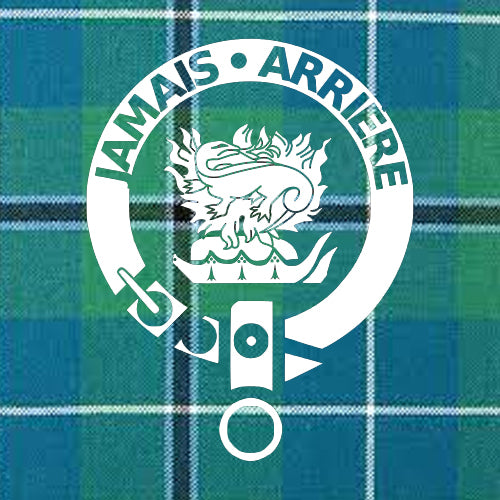
Douglas Tartan
-
Douglas Grey Modern Tartan Plaid Polo Shirt
Regular price $26.99Regular priceUnit price per -
Clan Douglas Tartan Men Polo Shirt Crest And Plaid Basic Style
Regular price $54.99Regular priceUnit price per$71.49Sale price $54.99Sale -
Clan Douglas Tartan Women Polo Shirt Crest And Plaid Basic Style
Regular price $54.99Regular priceUnit price per$71.49Sale price $54.99Sale -
Clan Douglas Tartan Golf Men Polo Shirt Crest And Plaid Basic Style
Regular price $54.99Regular priceUnit price per$71.49Sale price $54.99Sale -
Clan Douglas Tartan Men Bomber Jacket Crest And Plaid Basic Style
Regular price $104.99Regular priceUnit price per$136.49Sale price $104.99Sale -
Clan Douglas Tartan Men Sweatshirt Crest And Plaid Basic Style
Regular price $64.99Regular priceUnit price per$84.49Sale price $64.99Sale -
Clan Douglas Tartan Women Bomber Jacket Crest And Plaid Basic Style
Regular price $104.99Regular priceUnit price per$136.49Sale price $104.99Sale -
Clan Douglas Tartan Women Sweatshirt Crest And Plaid Basic Style
Regular price $64.99Regular priceUnit price per$84.49Sale price $64.99Sale

Douglas Tartan Castles
Douglas Tartan Facts:
















